Meeting Sanitation Needs at Festivals, Fairs, and Gatherings
Sanitation at mass gatherings, such as festivals, fairs, and large events, is a critical concern. Thousands of attendees bring sanitation needs that, if unaddressed, can compromise public safety and overall event success. Organizers must ensure cleanliness and comply with health regulations while maintaining a welcoming and enjoyable atmosphere. Effective planning, from site layout to waste management and staffing, is essential to creating a seamless experience for attendees. By implementing a comprehensive sanitation plan, event organizers can provide safe, hygienic environments that significantly enhance guest satisfaction. The role of a professional portable toilet business has become increasingly important in meeting these expectations efficiently and reliably, particularly for large-scale or multi-day events.
Assessing Crowd Size and Demographics
Estimating the number and type of attendees is vital for tailoring sanitation solutions to the specific needs of an event. A young crowd at a music festival may have very different requirements than a family-oriented fair or a professional conference. Conducting pre-event surveys can provide crucial information on expected attendance, demographic breakdown, and even behavior patterns. This data helps organizers predict consumption rates for supplies such as toilet paper, hand sanitizer, and soap. Accurately determining the number of portable restrooms and handwashing stations required depends on this data and can prevent shortages that would otherwise impact attendee comfort.
Analyzing peak-hour patterns is another essential step. Temporary facilities like portable toilets should be increased during expected high-traffic periods to prevent long lines and ensure a positive experience. Events with young families may require baby-changing stations and additional handwashing areas. According to Grand View Research, the luxury portable toilet rental market is projected to register a CAGR of 8.6% from 2022 to 2030, reflecting rising demand for upscale and more comfortable facilities. Understanding attendee profiles allows organizers to plan amenities and services that match expectations while preventing hygiene issues before they arise.
Considering Environmental Impacts of Sanitation
The location of an event can greatly influence sanitation planning. Ecologically sensitive areas, such as parks, beaches, or nature reserves, face stricter waste disposal regulations, which require collaboration with environmental experts. Implementing biodegradable materials, enforcing strict recycling protocols, and providing clear waste separation guidelines helps minimize the ecological footprint. Thoughtful sanitation planning protects natural sites and ensures compliance with both local and federal regulations.
Weather conditions are another key factor in planning effective sanitation services. Rain can complicate waste management by creating muddy or slippery pathways, making it difficult to service facilities promptly. Conversely, high temperatures increase water use and restroom demand, as more attendees consume food and beverages and require hydration. Eco-friendly portable toilets equipped with water-saving fixtures, solar-powered lighting, and environmentally conscious cleaning supplies demonstrate sustainability goals while enhancing attendee comfort.
Complying with Health and Safety Regulations
Health and safety regulations are foundational to any large event. Compliance ensures the safety of attendees and aligns with national, state, and local sanitation laws. Health inspections are often required before events, making adherence crucial. Regular audits and checks throughout the event help maintain high sanitation standards and avoid fines or penalties.
Global health concerns have amplified the importance of disease prevention measures in sanitation planning. Installing hand sanitizing stations, providing upgraded restroom facilities, and placing strategically located waste bins are now essential for protecting attendees. Partnering with a reputable portable toilet business ensures that facilities meet hygiene standards and are maintained consistently. Clear signage on proper hygiene practices, including handwashing and waste disposal, improves attendee compliance and reduces the likelihood of health incidents.
Managing Different Types of Event Waste
Events generate multiple types of waste, each requiring specific handling. General waste includes items like food wrappers, beverage containers, and non-recyclables. Providing sufficient trash bins and regular collection ensures these items do not accumulate. Recycling bins encourage attendees to separate recyclable materials, reducing landfill contributions and supporting sustainability initiatives. Food and beverage areas produce perishable and compostable materials that require timely disposal to avoid odors and pest infestations.
Some events may generate hazardous waste, including batteries, electronic waste, and medical materials, especially if on-site medical facilities are available. Such waste requires specialized disposal methods to prevent contamination. Coordination with certified vendors and a reliable portable toilet business ensures proper handling of all waste types, maintaining both public safety and environmental compliance.
Addressing Challenges in Providing Adequate Facilities
Large events often face logistical challenges when implementing sanitation solutions. Limited venue space may necessitate creative approaches, such as stacked restroom units or mobile facilities. Remote or outdoor locations may lack access to water, power, or waste disposal infrastructure, requiring careful planning for transportation, installation, and maintenance. Working with a professional portable toilet business helps simplify these logistical challenges while ensuring continuous facility functionality.
Budget constraints can impact both the quality and quantity of facilities. Organizers must prioritize sanitation to avoid compromising attendee satisfaction. Luxury restroom trailers with sinks, flushing toilets, and climate control have become increasingly popular, meeting rising expectations for comfort and hygiene. According to market research, investment in high-quality portable facilities improves guest experience and reflects positively on the event’s reputation.
Designing Effective Layouts
Strategic facility placement enhances usability, reduces congestion, and maintains hygiene. Portable restrooms, waste stations, and hand sanitizers should be located in high-traffic zones. Accessibility for disabled attendees is critical, and clear signage helps guide guests efficiently. Event apps and digital maps can provide real-time information about nearby facilities and wait times. Collaboration with an experienced portable toilet business maximizes efficiency and convenience for attendees.
Budgeting for Sanitation Needs
Comprehensive financial planning ensures sufficient resources for facility rental, maintenance, and emergencies. While luxury portable toilets may require a higher upfront investment, they significantly enhance comfort and contribute to a positive event reputation. Partnerships, sponsorships, and long-term vendor relationships can help offset costs. Investing in sustainable sanitation solutions may involve higher initial expenses, but can reduce long-term waste management and operational costs.
Sanitation experts offer guidance on facility placement, capacity planning, and regulatory compliance. Leveraging their experience helps avoid operational issues, introduces best practices, and provides innovative solutions. Their advice supports efficient staffing, waste collection, and contingency planning, ensuring a smooth sanitation operation and a positive attendee experience.
Early collaboration with local officials ensures adherence to regional sanitation regulations and permits. Authorities provide insight into community expectations, environmental considerations, and emergency response protocols. Maintaining clear communication builds trust, facilitates approvals, and promotes a safe and organized event environment.
Unexpected challenges, such as equipment malfunctions, overcrowding, or supply shortages, require proactive planning. Backup resources, alternative deployment strategies, and rapid response protocols maintain continuous service. Regular drills and post-event evaluations enhance operational resilience. Partnering with a dependable portable toilet business ensures that solutions are quickly implemented when issues arise.
Utilizing Portable and Eco-Friendly Restroom Solutions
Modern portable restroom technology integrates comfort, hygiene, and sustainability. Eco-friendly units use water-saving toilets, solar-powered lighting, and biodegradable cleaning supplies. Luxury units often feature running water, mirrors, and climate control, improving attendee comfort. With the luxury portable toilet rental market projected to grow at a CAGR of 8.6% from 2022 to 2030, investing in advanced facilities meets rising demand while demonstrating environmental responsibility. Partnering with a professional portable toilet business ensures access to these innovative solutions.
Meeting sanitation needs at festivals, fairs, and large gatherings requires strategic planning, expert consultation, and reliable partnerships. Understanding crowd demographics, environmental impact, and health regulations is essential for creating safe, hygienic, and enjoyable experiences. The growing popularity of luxury and eco-friendly portable facilities underscores the importance of choosing an experienced portable toilet business. For event organizers seeking high-quality sanitation services, A-1 Septic Systems offers comprehensive solutions to keep your event clean, safe, and successful. Contact A-1 Septic Systems today to elevate your event sanitation standards and ensure a smooth experience for all attendees.
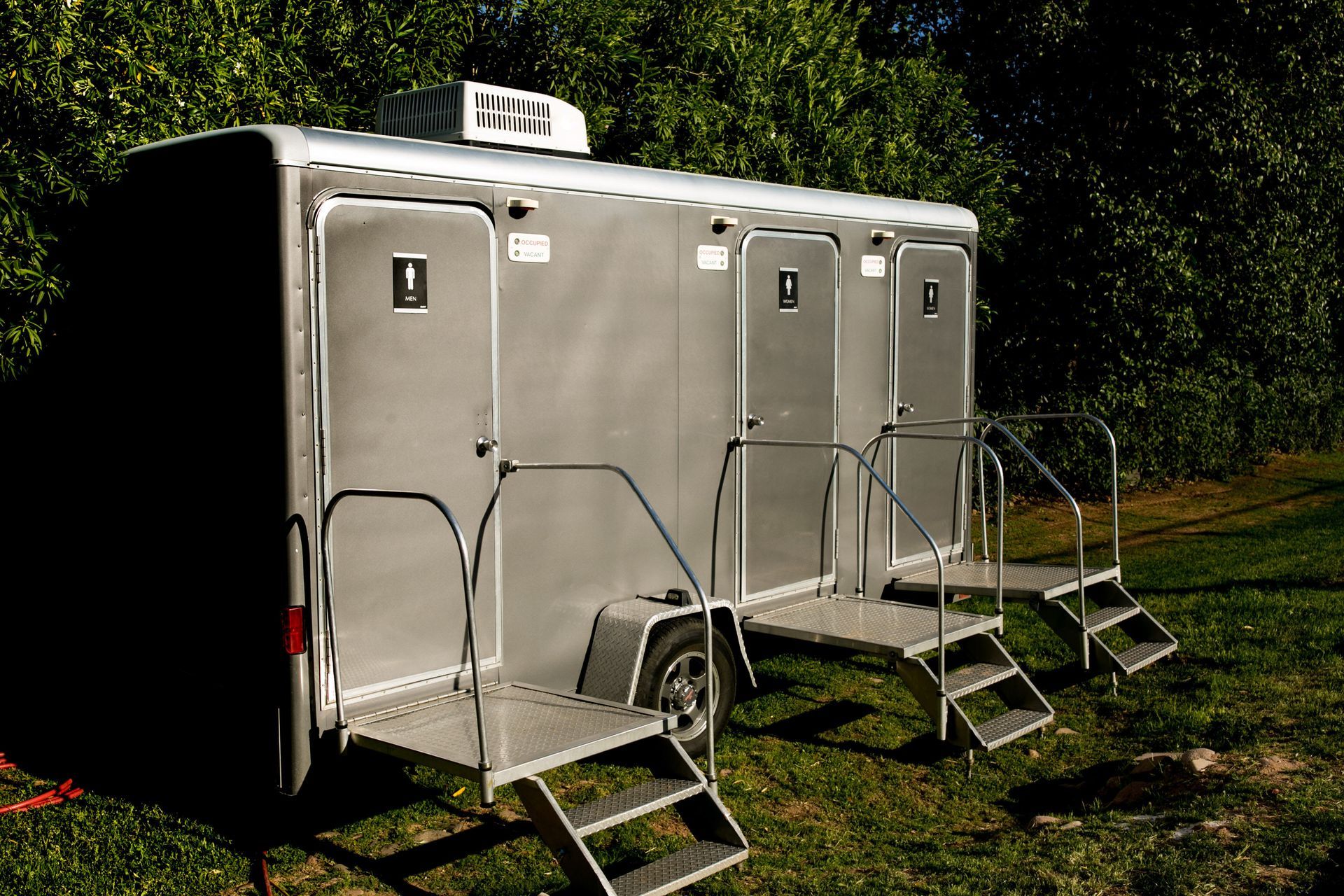
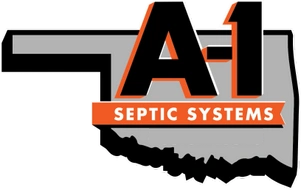
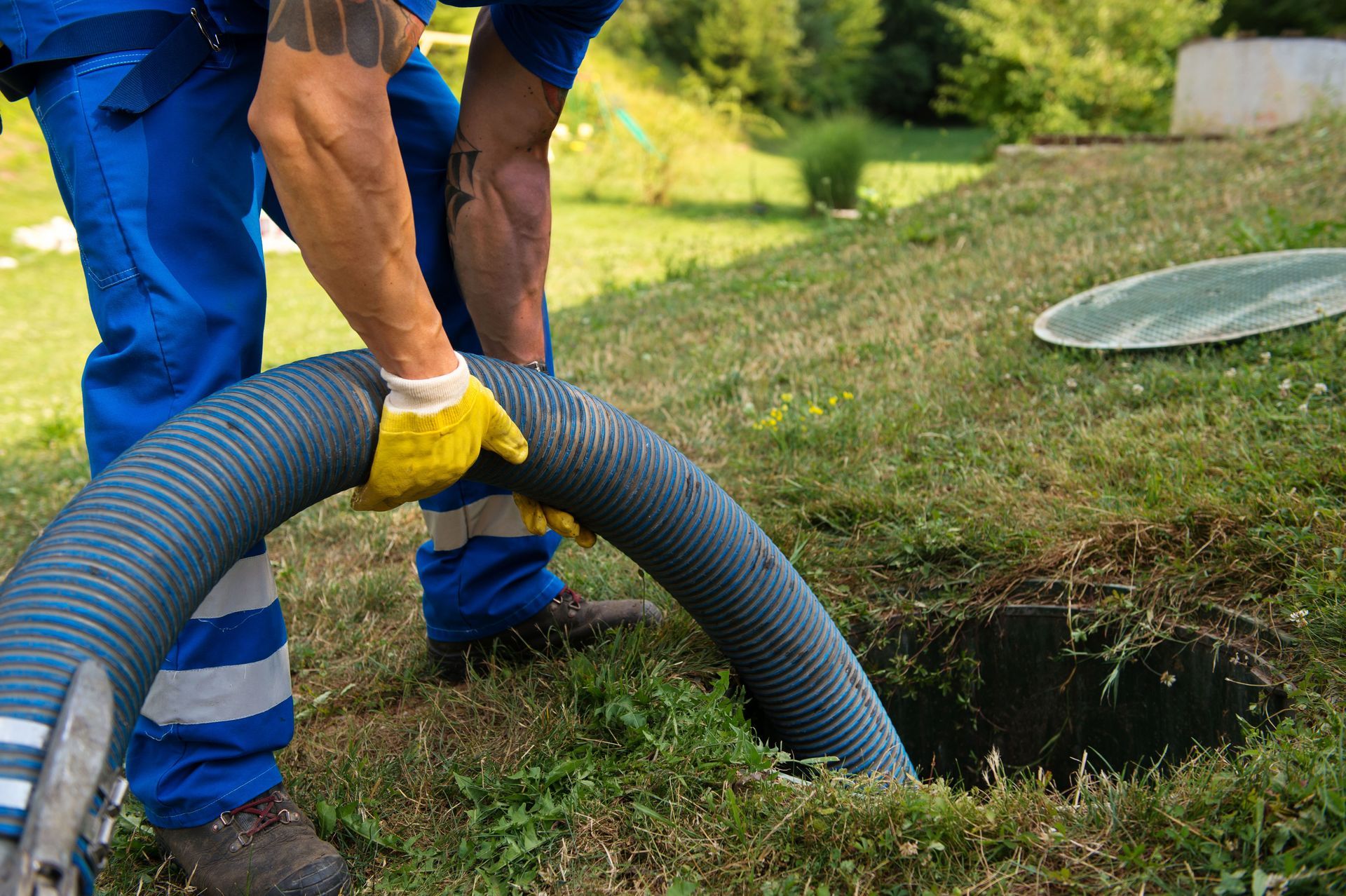
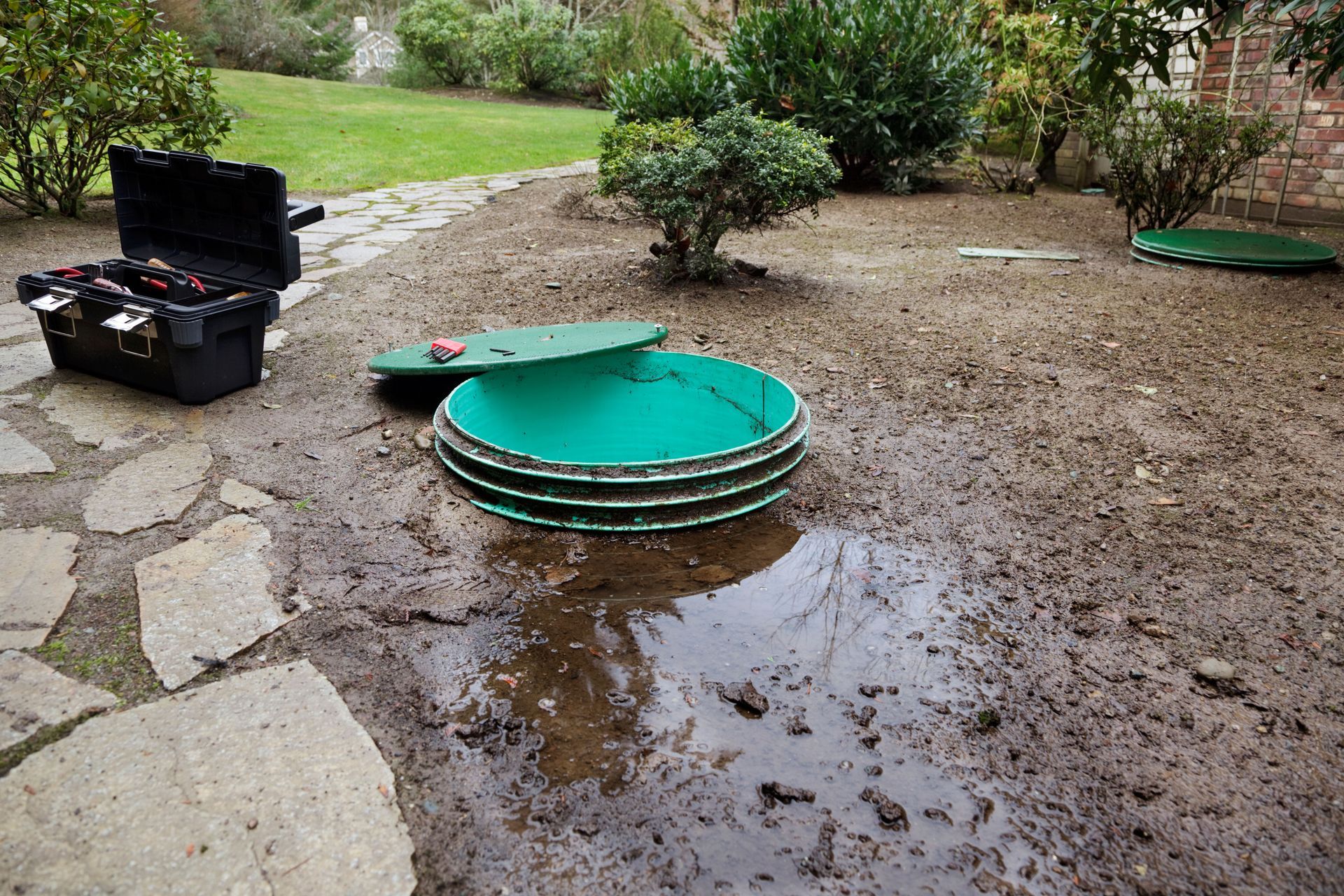
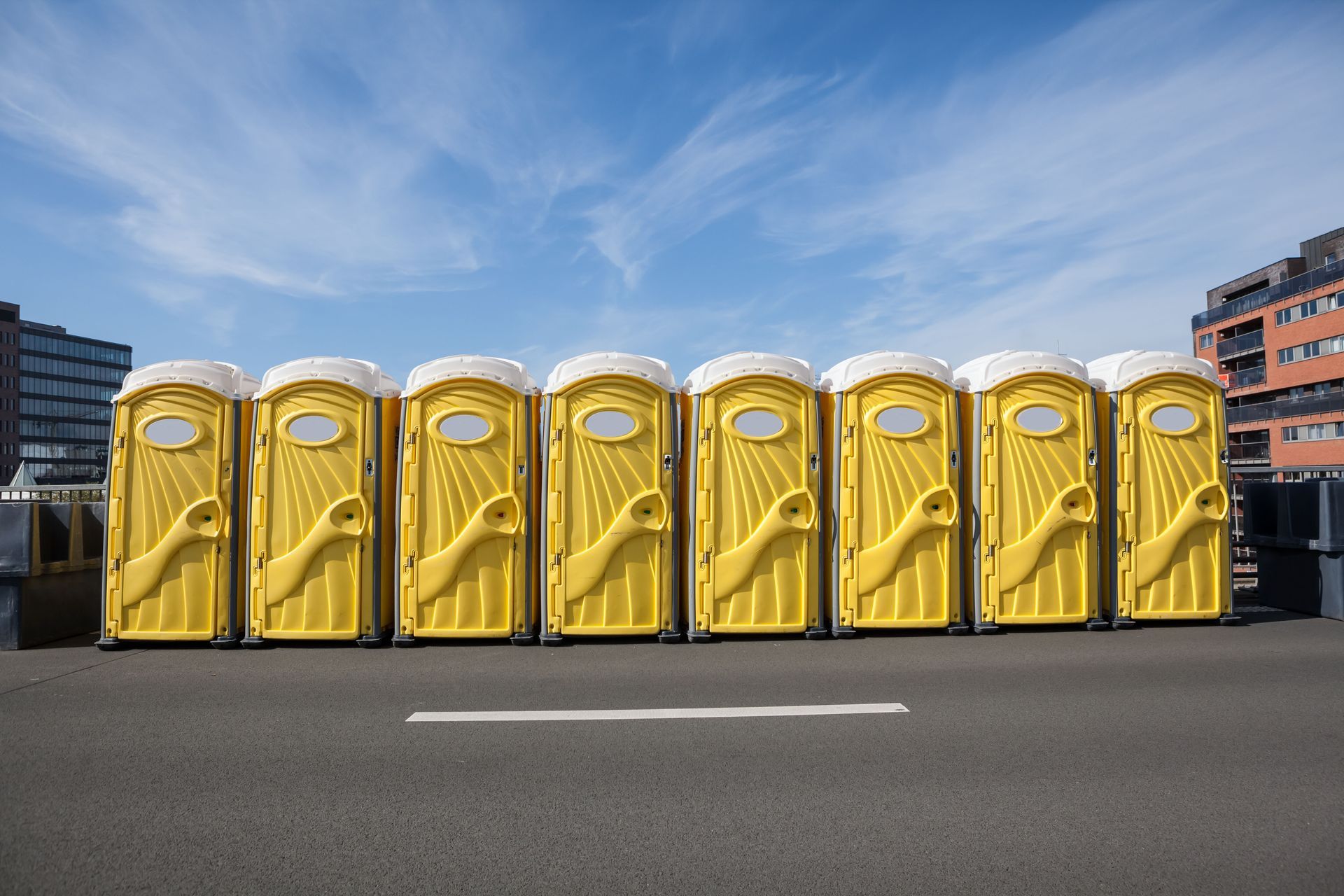
Share On: